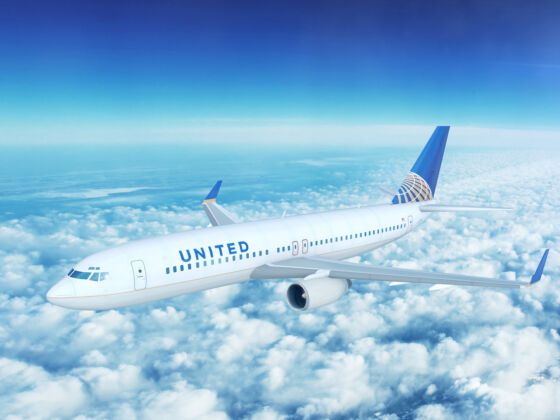This is The Climate Win, the most positive sustainability news around the world every week.
Big news for travelers this week as Airlines for America, the trade group representing 10 US-based carriers, has pledged to reach carbon neutrality by 2050, Reuters reported. Included in the commitment are major players United, American Airlines, and Delta, along with seven other commercial airlines large and small. The group’s goal, according to the report, is to meet the targets of the Paris Agreement, and it intends to work alongside the Biden administration to begin working towards this ambitious goal.
